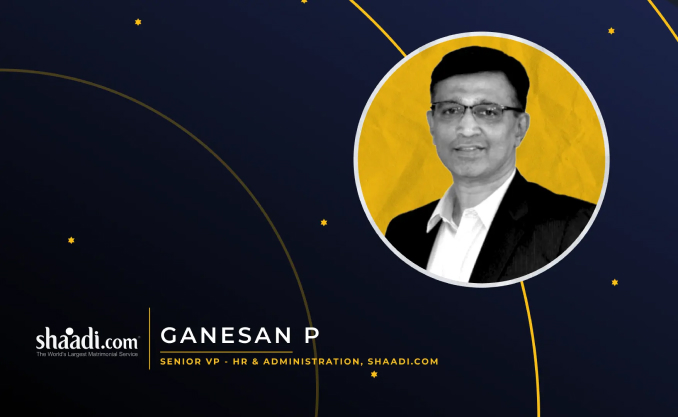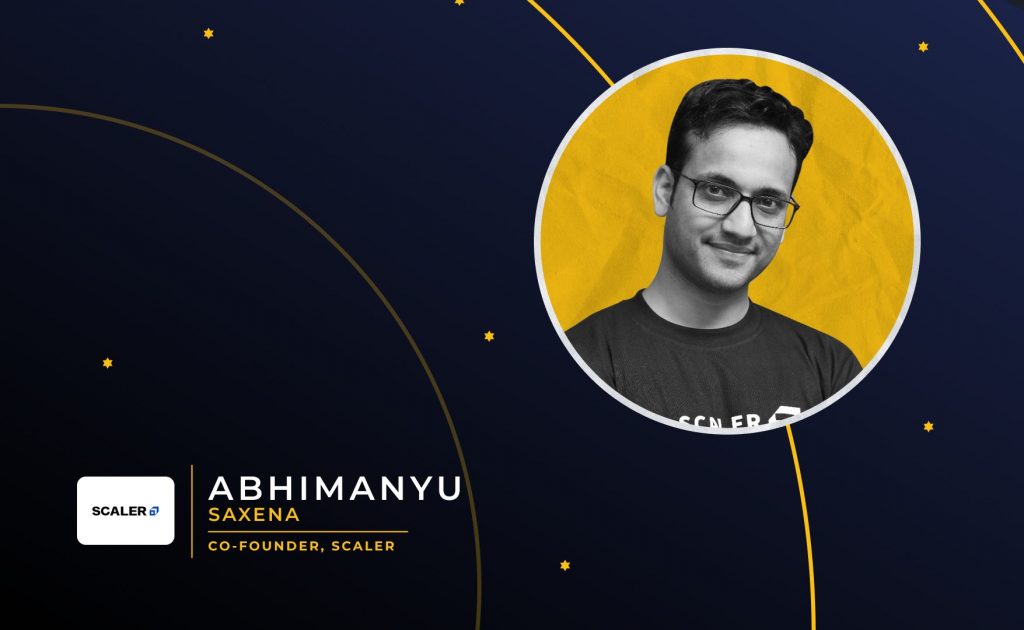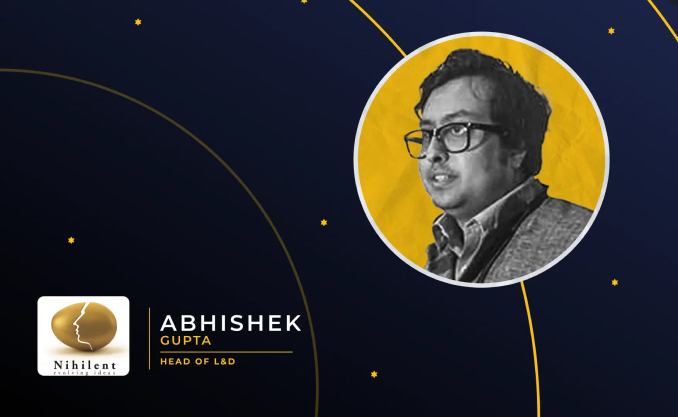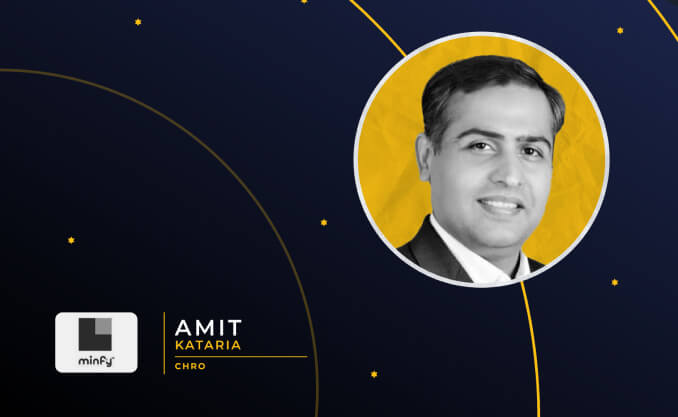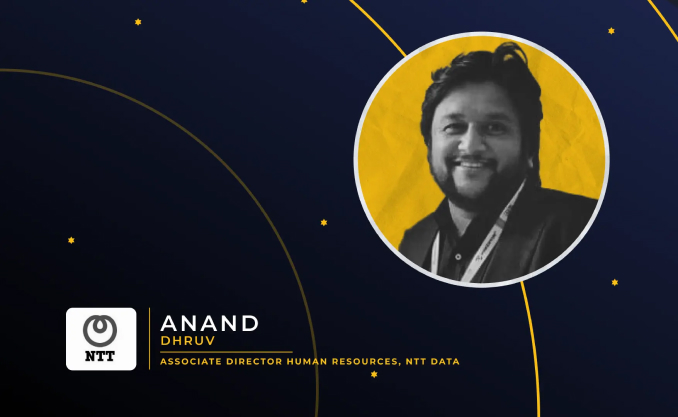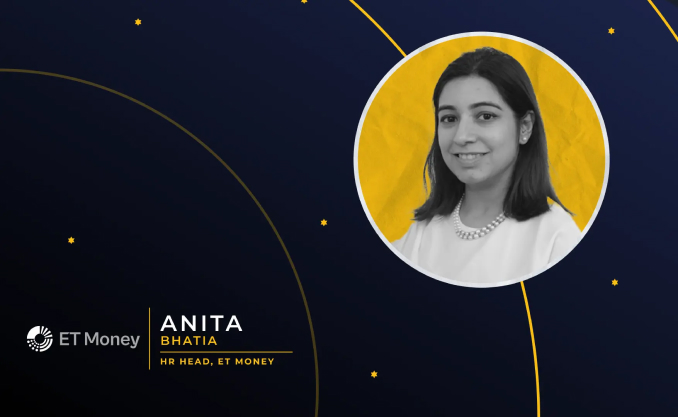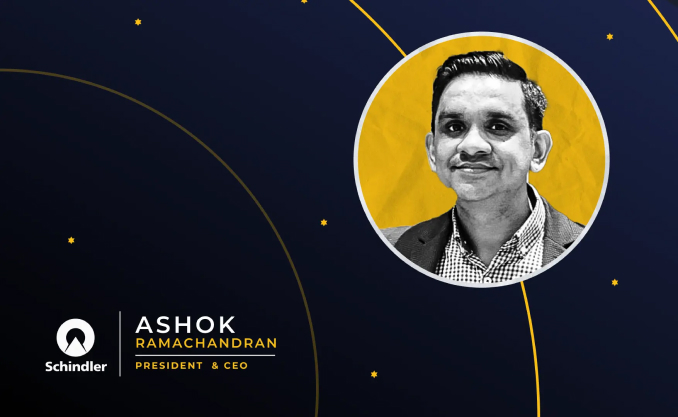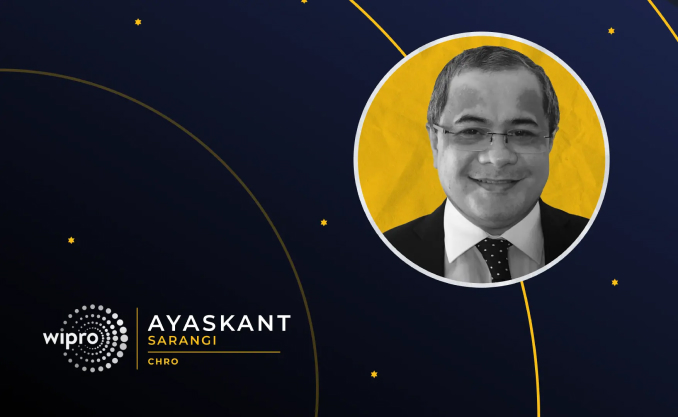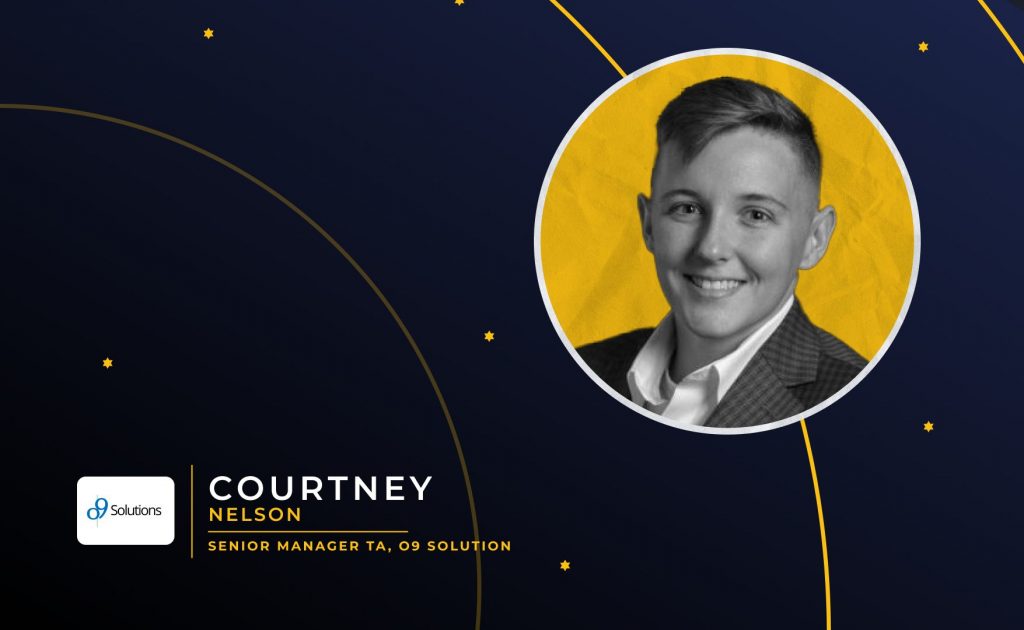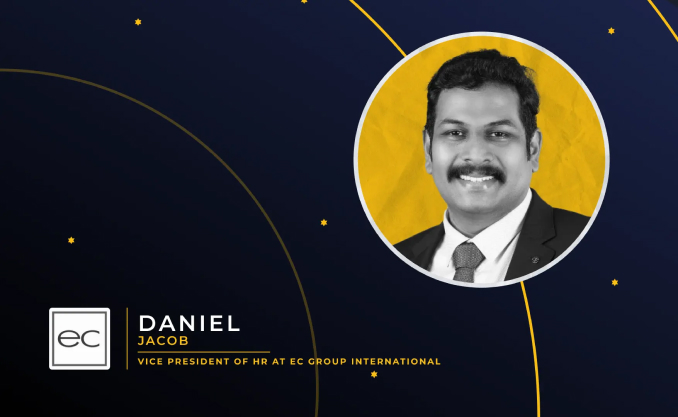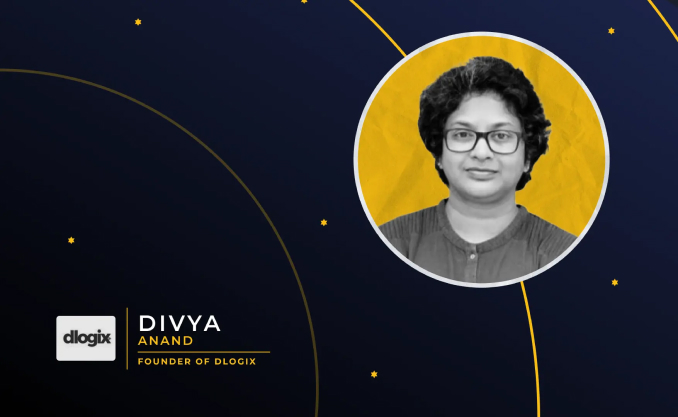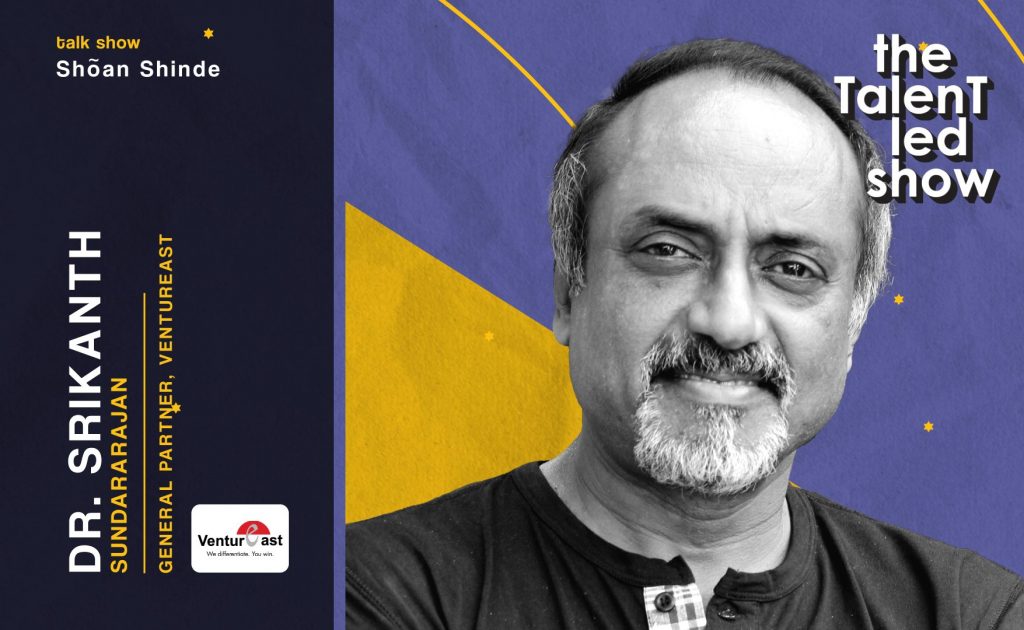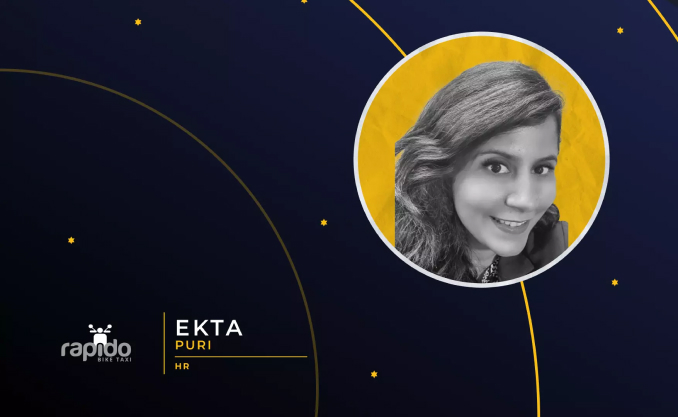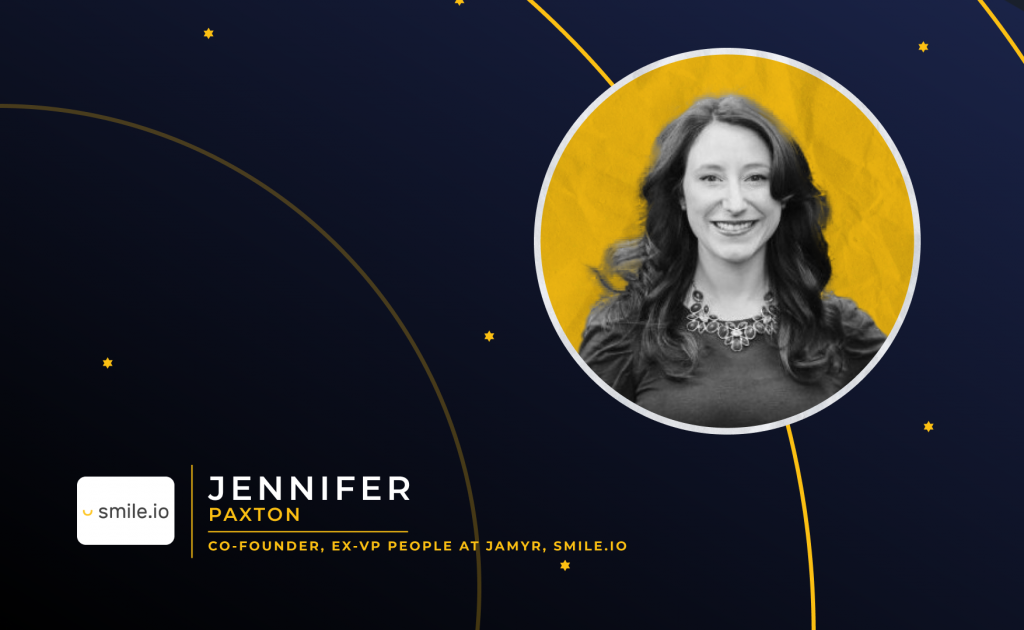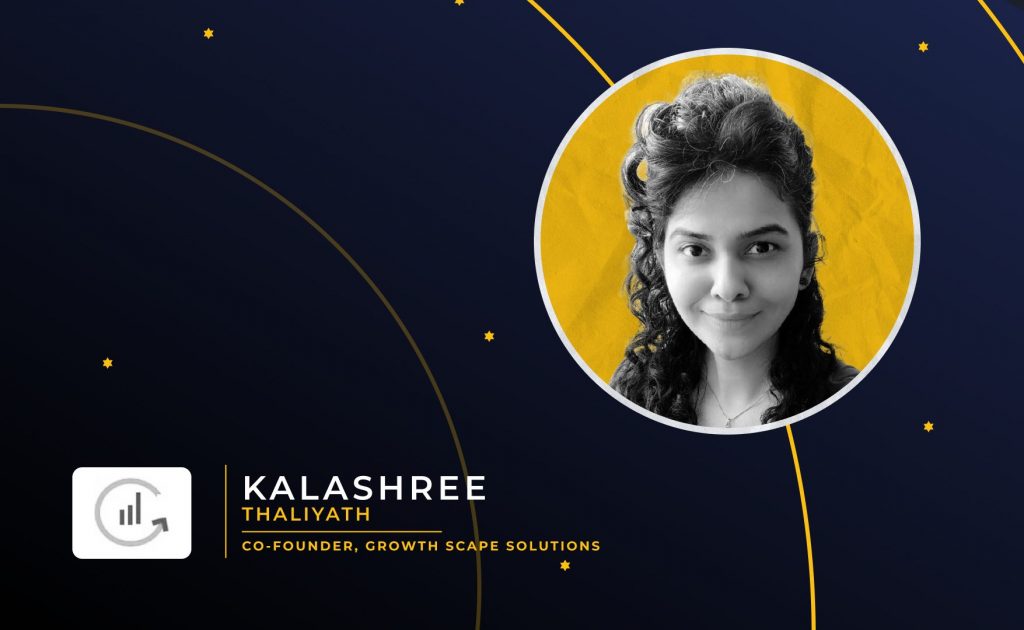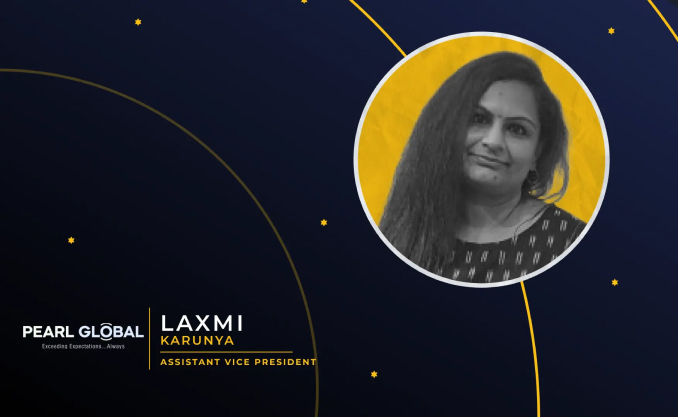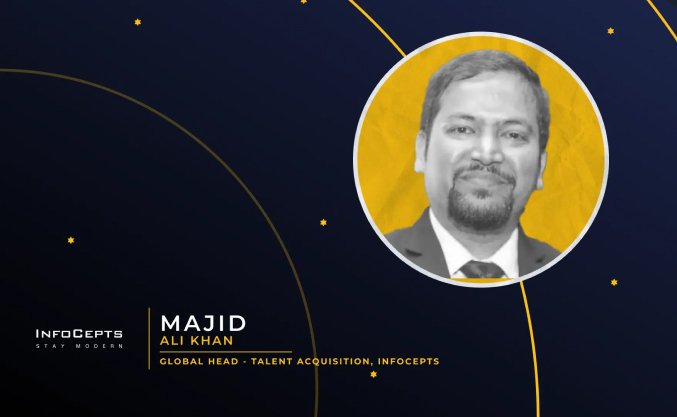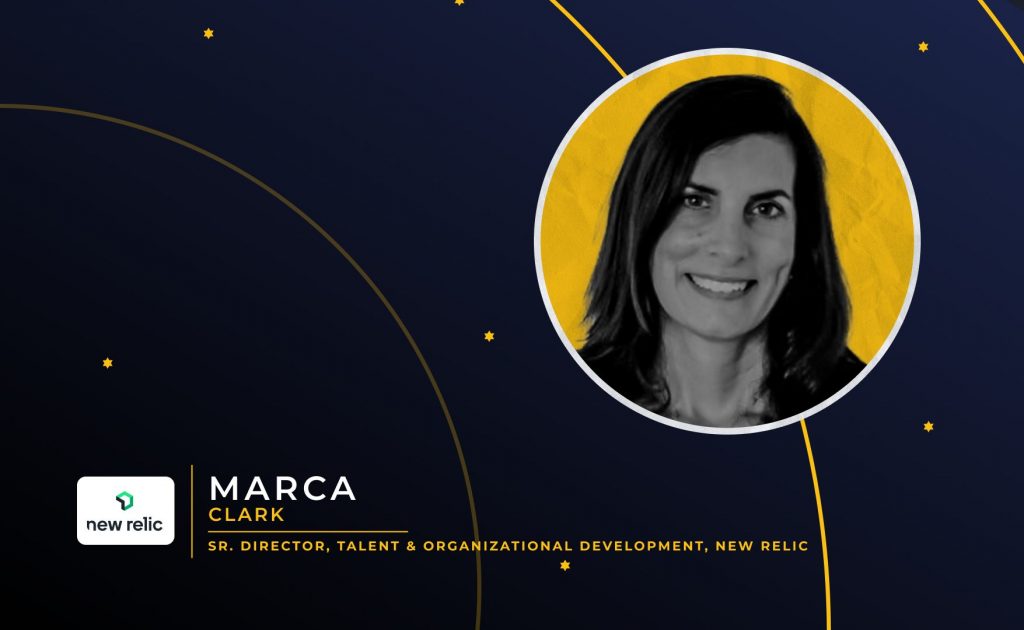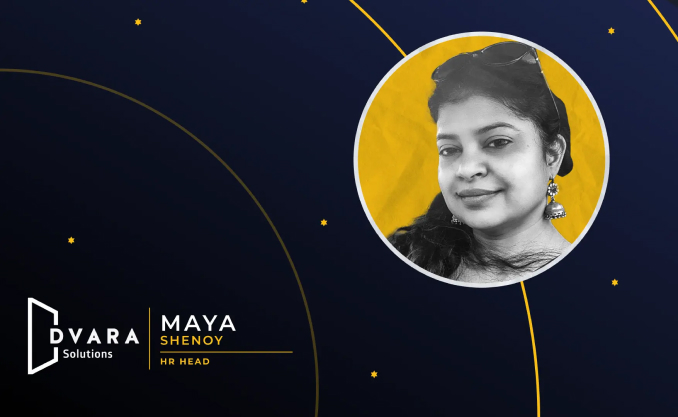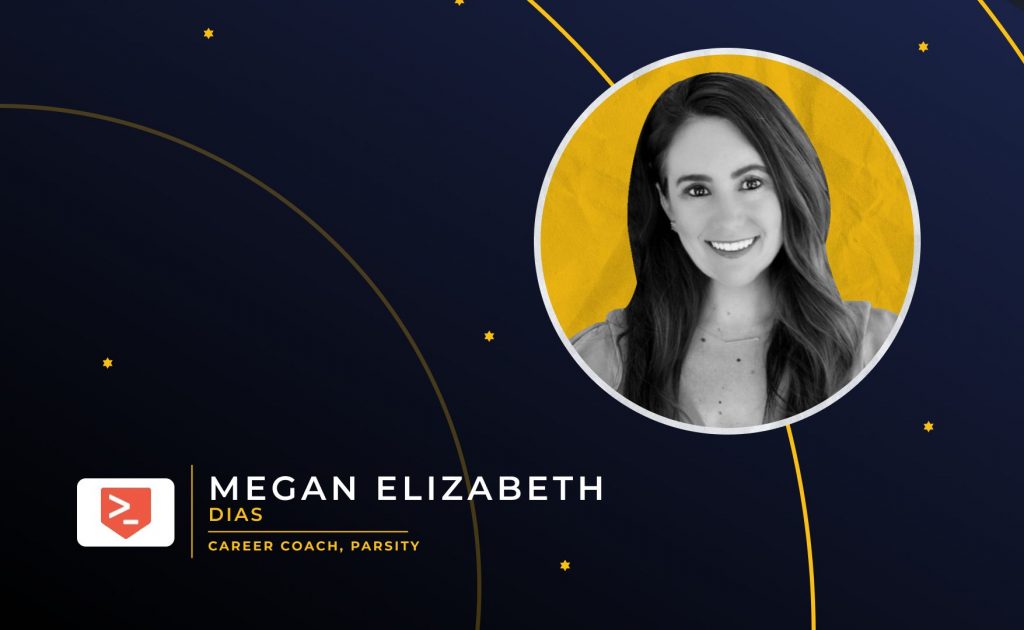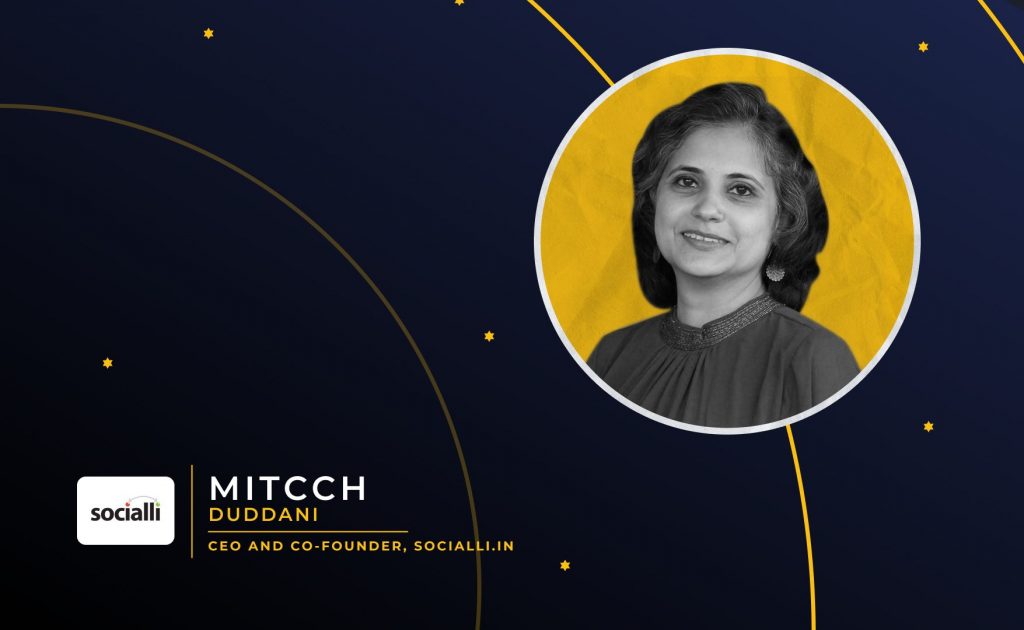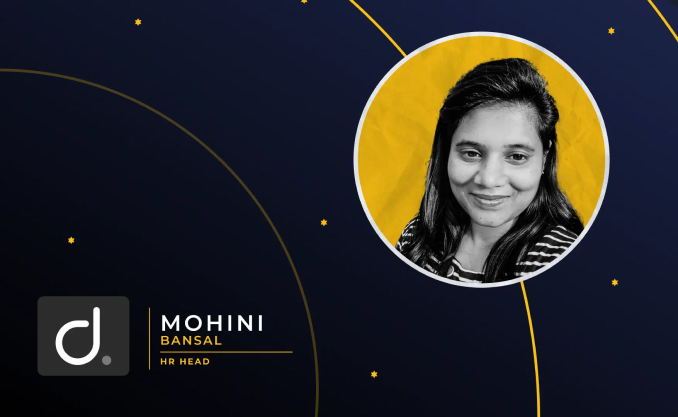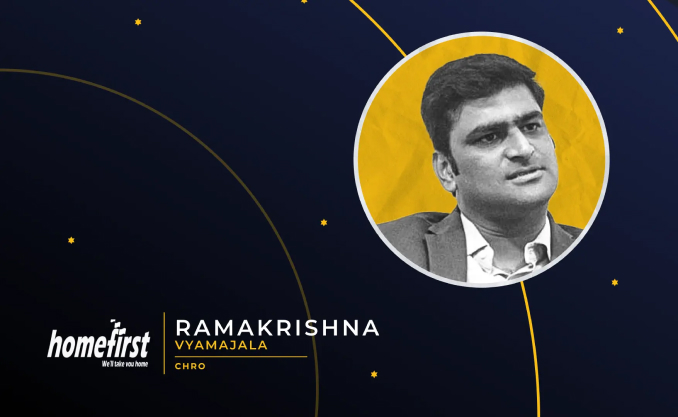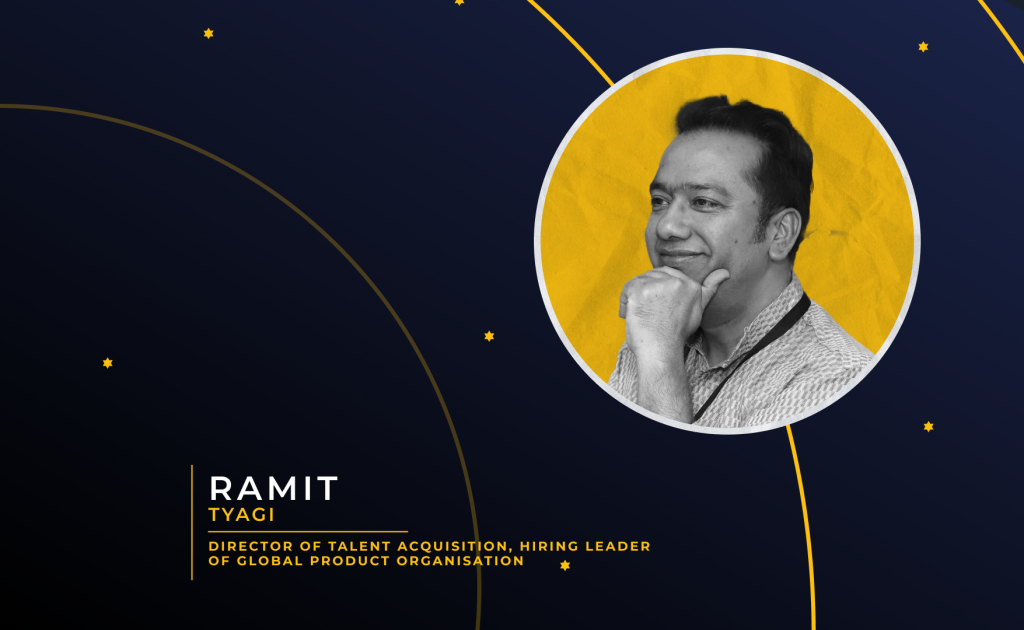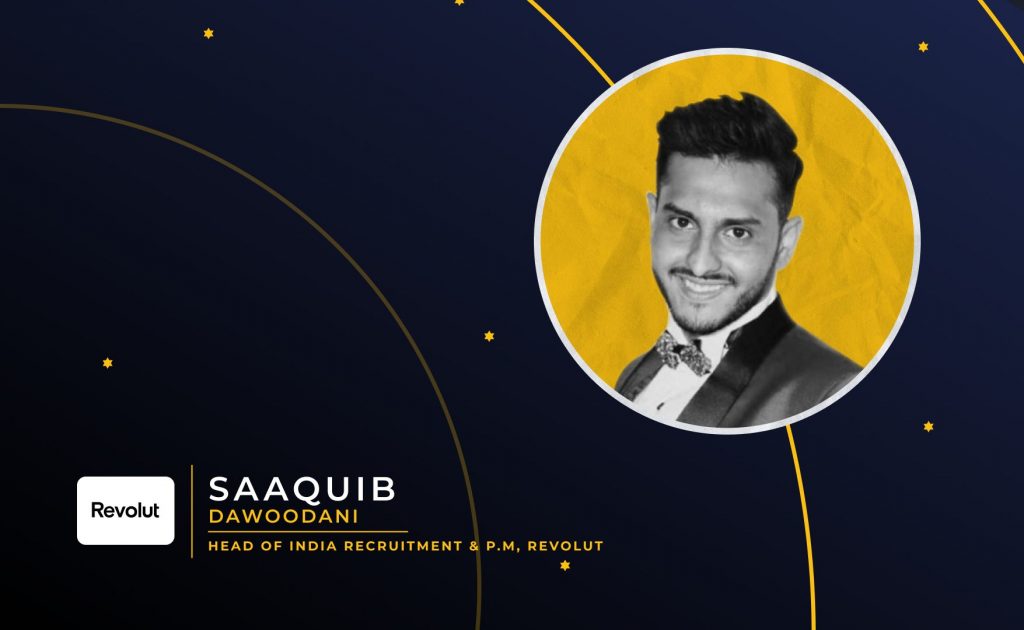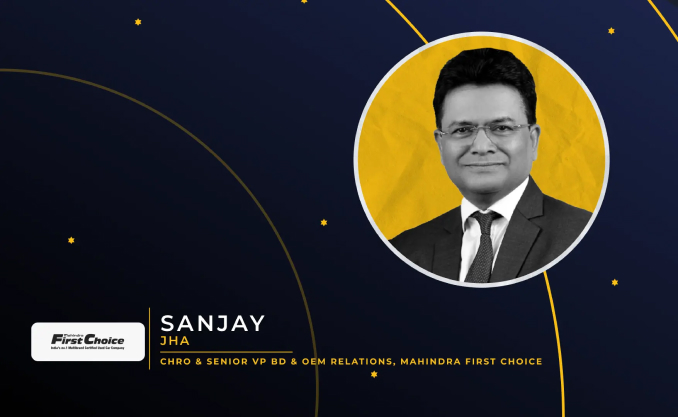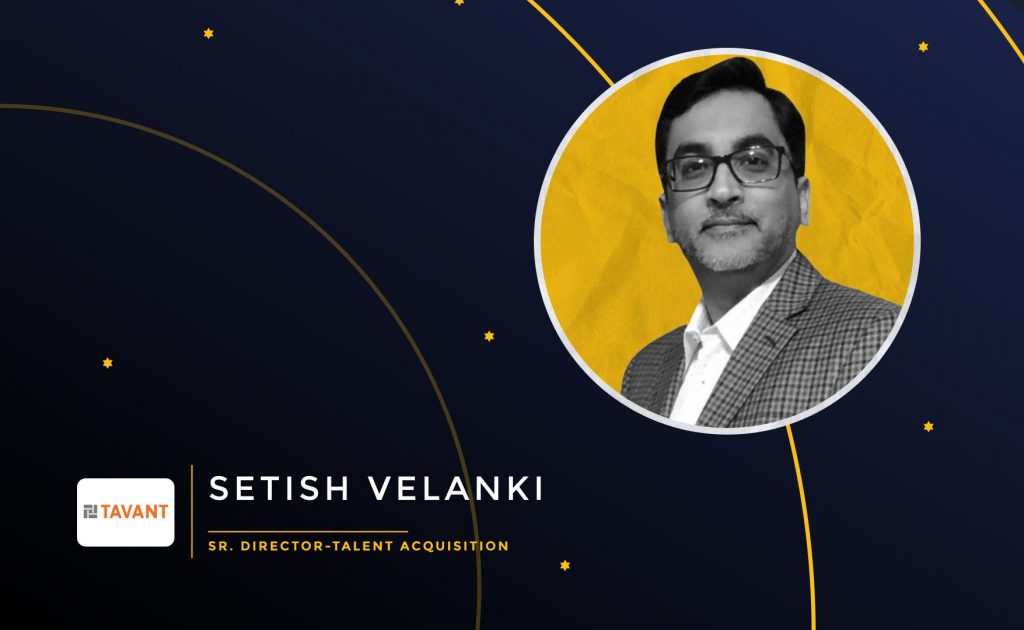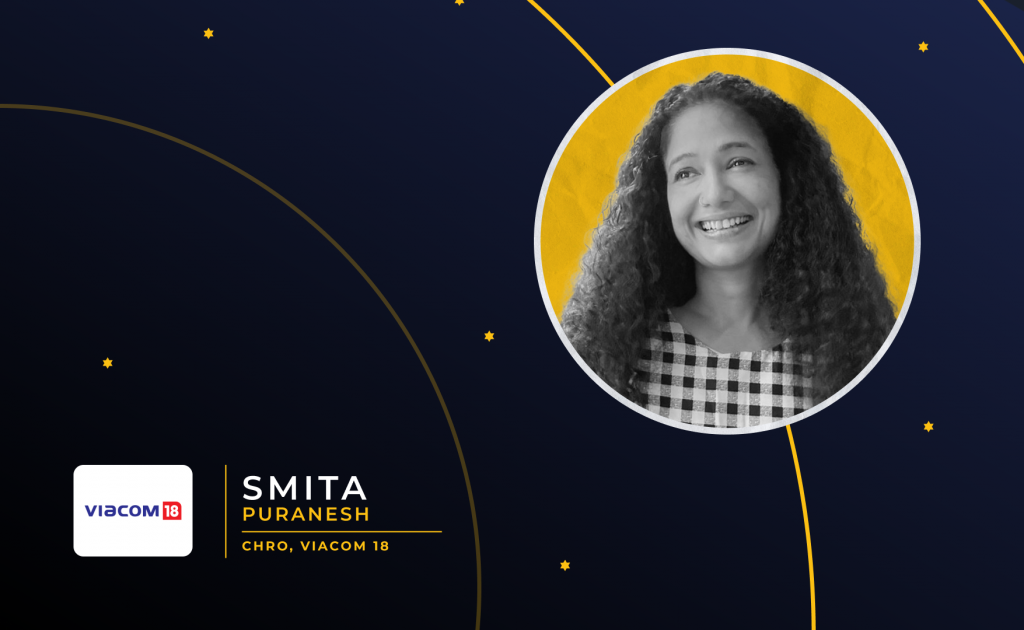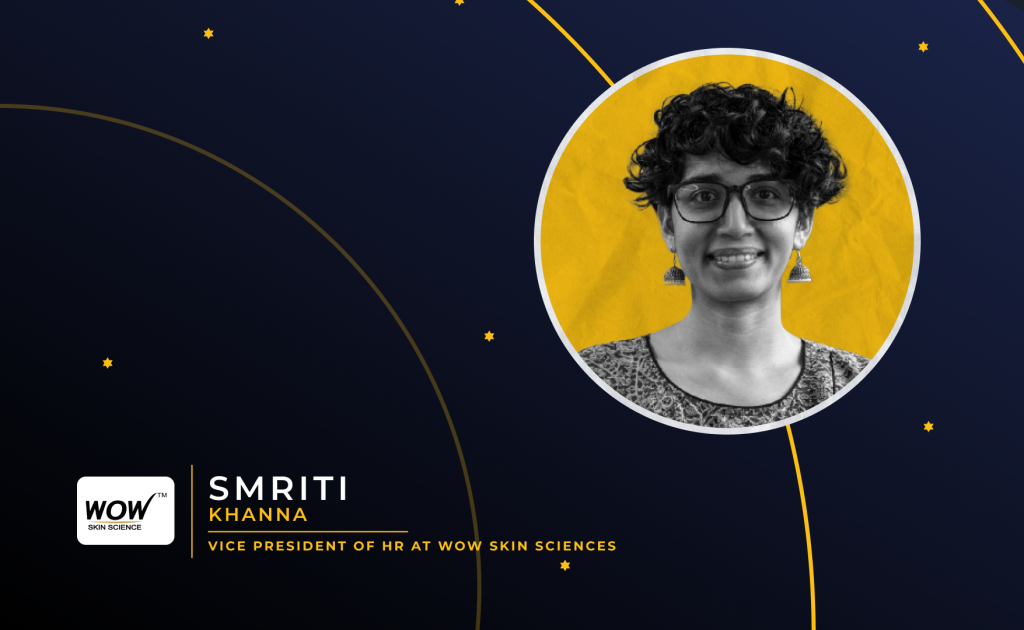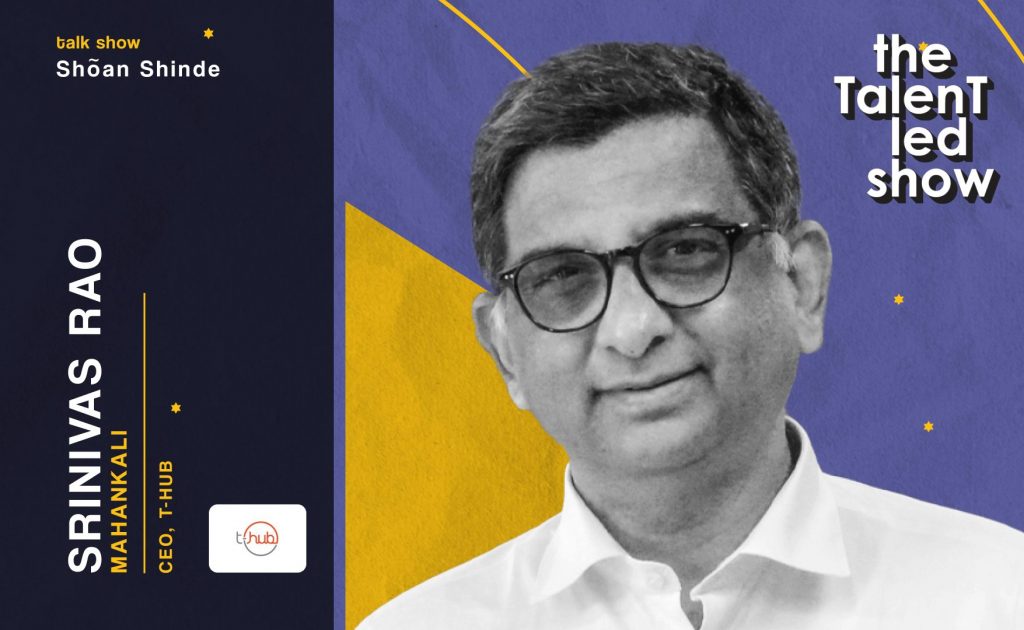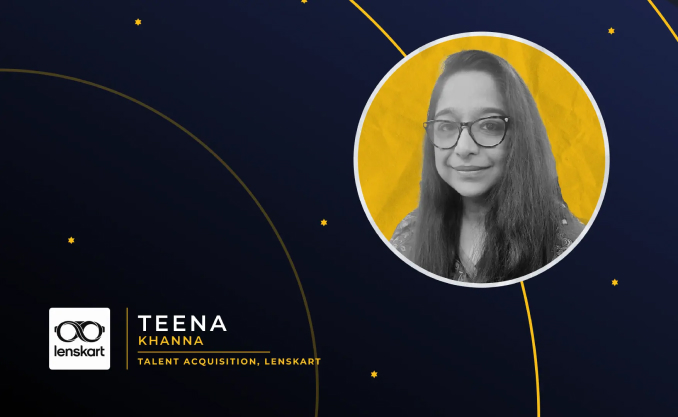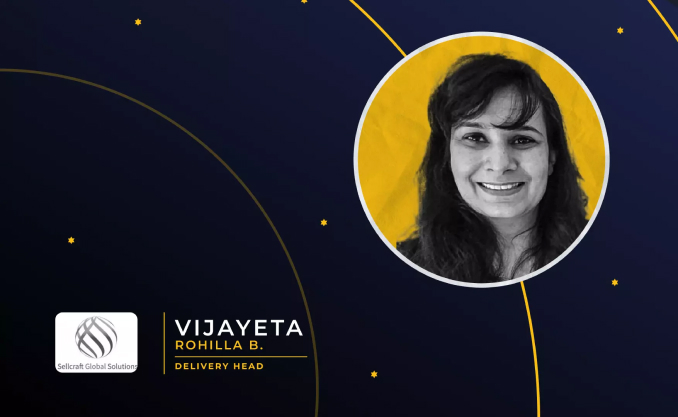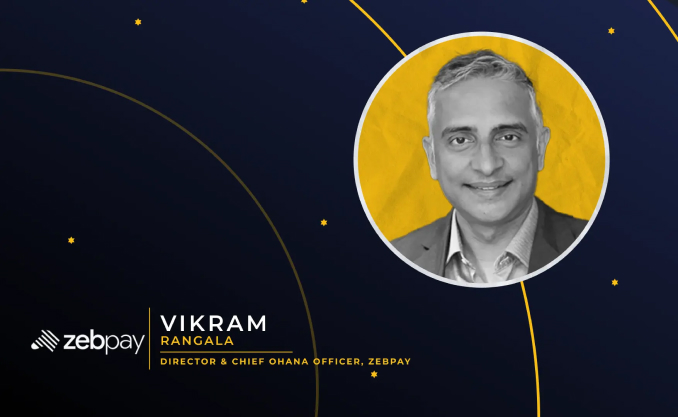P Ganesan is the Senior Vice President of HR who works directly with the founder and CEO of Shaadi.com. He has also been an active participant in streamlining the HR processes and helping seamless transition in work from home to working from the office environment.
When asked about diversity and inclusion, P Ganesan states how it is important to include not just people of various genders but also those from various walks of life such as various socioeconomic or economic backgrounds.
P Ganesan highly believes that leadership can happen at any level be it right from a common employee to a high-level executioner. He also believes that magic happens when people meet each other.
Table of contents
- About Ganesan
- Term People Practice
- Feedback culture
- Promotion of diversity and inclusion in the workplace
- Infra leader
- Ideal behavior of employees
- Challenges faced during COVID as an HR leader
- Remote hiring and hybrid working model
- Time management and an ideal day description
- 3 most productive tools for work
- Organization’s hiring process adding value to customer
- Advice to young HR professionals
About Ganesan
Ganesan leads the HR function at Shaadi.com and has been a part of this ecosystem for about 3+ years. Before his role at Shaadi.com, he worked at a global outsourcing company named Startek. This company was based out of Malaysia and Ganesan led the APAC for about 8 years here.
Ganesan was a part of an acquisition project which built the organization, Startek, right from about 800 employees at the beginning to about 5000 employees being hired. This acquisition took part from 30+ different countries across the globe which made the outsourcing company a language hub consisting of people from various backgrounds. Before working at Startek, Ganesan was also an entrepreneur which led him to a very interesting journey of learning all the way.
The meaning of the term People Practice mentioned on Ganesan’s LinkedIn profile
Ganesan’s LinkedIn profile mentions the title – People Practice, and when asked about the same, Ganesan says,
“So Shaadi.com is a brand. The organization itself is called People Interactive Private Limited. So people interaction is something that forms the crux of the organization. This is an organization that lays great emphasis on the people and their culture. While talent is very important, when we do our hiring, one of the largest focuses comes on the culture.
We emphasize a lot on culture fitness. It’s not about me liking a candidate because the person possesses some kind of skill. Still, it’s very important that the candidate likes us and meets a lot of people in the organization, and understands people well before agreeing to join.”
Emphasizing the people practice aspect Ganesan mentions how it encompasses everything that has got to do with people in and around Shaadi.com. In a single line according to Ganesan, people’s practice is,
“The emphasis that we laid on empathy and the emphasis that we laid on being together and staying in it together and coming out stronger, I would say is what people practice is”
He also further mentions that it may seem like a hiring operation or employee lifecycle for a layman but for people at Shaadi.com it is all about holding people together and being together.
“That’s why we call ourselves the world’s first togetherness company.”
Feedback culture at Shaadi.com
Ganesan mentions how important feedback is at Shaadi.com, where he points out that it starts right from the interview stage where the candidate is asked about how the interview went and goes on until the person has been onboarded and even six months after his or her joining. These multiple feedbacks are considered to determine the journey of the candidate in the initial six months. This feedback helps interact closely with every single employee in the organization to pick up that feedback and pass on the feedback to the necessary areas for course correction if required.
Mentioning how often the feedback is collected from the employees, Ganesan adds,
“We have performance feedback cycles every six months, and we also have certain quarterly reviews. It’s not only about what the person has done or regarding the work that is assigned to them over a quarter, but it’s also about how the person has been faring and areas of opportunities that will help them evolve over the next quarter to solve their problems.”
Ganesan also mentions how Shaadi.com is not just a company full of opportunities but also a company that provides solutions for major problems. He adds to this by stating,
“As we say on the business side, we solve the largest problems in the world. We cater to millions and millions of people. So we tell people, come on board if you have the hunger to solve problems. So for us, before we do that in the outside world, we need to do it inside our organization. We have multiple touchpoints.
We have people reaching out to anyone in the organization be it an HR leader, or even the CEO. We are always happy to take feedback, quotes, and correction. And that’s one of the main reasons why people have stayed with us for several years. If at some point in time you were to go into the portfolio of people at Shaadi, you’ll find that people have stayed with us for anywhere between 8 to 20 years across the board, because we take feedback very seriously.”
Point of view on diversity and gender balance in the workforce and its ability to bring in authentic leadership and increase employee engagement at an organization.
Ganesan mentions how at Shaadi.com they prioritize the entire talent pool and not just look for talent based on gender which will not only reduce the talent pool size but will also leave out the multiple perspectives. To support this he adds,
“It’s very important to include gender balance in the workforce because diversity brings multiple perspectives into the organization. People, when they come in from all walks of life, I’m not talking only about gender. I’m talking about people from all walks of life and different economic or socioeconomic backgrounds. So, we get a deep understanding of culture and our culture is something that has evolved in today’s day and age which helps us keep a mindset of learning and growing.”
Adding to the importance of diversity, Ganesan says,
“So diversity plays a very important role and we are open to a change. As an organization, we’ve always been flexible. Especially when you bring in skilled people who are very experienced, age diversity is very important for us. It’s not about whether we want to be a young organization, it’s not about having young people in terms of age, in terms of economic background.”
Ganesan on his title as an Infra leader.
Shaadi.com is a growth organization. So when I joined, I was also handed off the portfolio of managing the infra across the country. So as an infra leader it’s about creating a huge employee experience by giving the people a great environment to work from. They must have a great ambiance, they must have a great place to work from, and they must feel like they’re at home.
Being an infra leader and an HR leader together, one of the advantages that I carry is that I can attend to people’s grievances or concerns immediately and make that change happen.
At Shaadi.com we’ve thrown bureaucracy out of the window. It doesn’t happen. Changes occur in minutes.
Ganesan’s point of view regarding an ideal type of behavior expected from an employee and how that employee sets a benchmark for the rest of the employees to look up to.
According to Ganesan,
“One of the most important hiring criteria that we look at is people who take ownership. People who got the hunger and the people who question the status quo. They’re very important.”
Also mentioning along the lines of leadership, Ganesan points out,
“Similarly, people who’ve taken ownership, people who’ve shown a hunger to grow, people who’ve shown some amazing qualities of leadership, we believe that leadership can be at every level. You don’t need to be at the top level to be a leader.”
Challenges faced during COVID as an HR leader and how have changes taken place since 2020.
Reminiscing about the challenges faced during COVID days, Ganesan says,
“COVID hit all of us in the same way and different people reacted differently. And we are where we are today because of how we react to them. One of the most important decisions the organization took was not to predict the future. So initially one of the swiftest things that we had to do was get people to safety.
So the entire organization across 20 locations was pulled into a work-from-home mode in just about three to four days, including providing them with networking and all the info that’s required to be able to work comfortably at home.”
Being an HR leader he also mentions about one of his greatest challenges,
“Initial challenges of the COVID days were while digitally onboarding new people. We were not used to this culture of working from home. So when we started digitally onboarding people, there had to be a mechanism around it that we were not used to.
We learned the ropes very fast, and I would say every week we upgraded our SOP of doing this until we finally went on to master onboarding employees. And today, if you were to talk to most of my employees or part of the system since then, they will say that Shaadi has one of the best onboarding mechanisms in the country”
Opinion on remote hiring and hybrid work model
When speaking out on his opinion regarding the hybrid work model, Ganesan says,
“In a city like Mumbai, people are intimidated by travel time. However, people have now been trying to take up new hybrid models where they come into the office for two days a week. So as far as I’m concerned, as an organization and myself personally, we believe that magic happens when people meet.”
He also adds,
“Yes, remote work does help. It also gives certain comforts to people about working from their homes, and not needing to travel, that’s all good, but we also would want to meet up at least twice a week for all the critical stuff.
So personally, if you ask me, it’s very important to meet, like they said, the banter and the cafe, we call it water cooler talks, we call it the chai break is all important.”
Dividing time depending on a daily task list and how does an ideal day look like.
Speaking about how a typical day looks like, Ganesan says,
“Broadly, what we do is governed by OKRs, we follow the quarterly OKR cadence and we have an annual operating plan and quarterly OKRs. Apart from that one of the things that I like doing is I visit a lot of offices across the country because meeting people is very important.
I travel across India to meet people across different businesses that we have. Mostly the sales and service guys. My focus is to meet people, and spend a lot of time meeting people. And that’s why on the days we are at the office, I don’t fix any digital calls because I want to be meeting people in person.”
Three most productive tools to organize work and stay on top of things.
According to Ganesan, the three most productive tools can be provided as follows:
-
OKRs
OKRs govern the overall flow of work and let you know where it’s going and where you need to reach.
-
Review
Constantly do a recap of everything that you’re indulged in. Whether it is the right thing, based on priority, or are you prioritizing stuff properly?
-
Discipline
Stay organized and follow numbers 1 and 2 and even when there are unexpected things happening stay calm and find time to fix it.
The organization’s hiring process adds value to customers
When talking about adding value to the customers, Ganesan states,
“One of our core values followed at Shaadi.com is functioning by the user. When I say to be the user, it’s very important to understand the user’s behavior. I need to start thinking like the consumer before giving the consumer a product.
Now, this entire behavior when we say employee experience reflects our approach to our customers. Do you understand your customers? Are you making a product that the consumer understands? Think that you’re the user. That helps in translating the same sentiment toward a customer.
So that is the culture and sentiment that we look for even while hiring people. It’s a very important criterion for hiring people, irrespective of whatever function they may come to. So culturally it circulates from inside the organization to outside the organization.”
Advice to young HR professionals
When speaking out to young HR professionals, Ganesan points out,
“If I want to make business easy, anything that’s not simplifying things, anything that’s not solving a problem should not be there in the first place. So, I would say:
- HR as a function, more than style, needs to add substance.
- HR as a function needs to simplify.
- And HR as a function needs to solve business problems.
Then they are on top of the game.”

